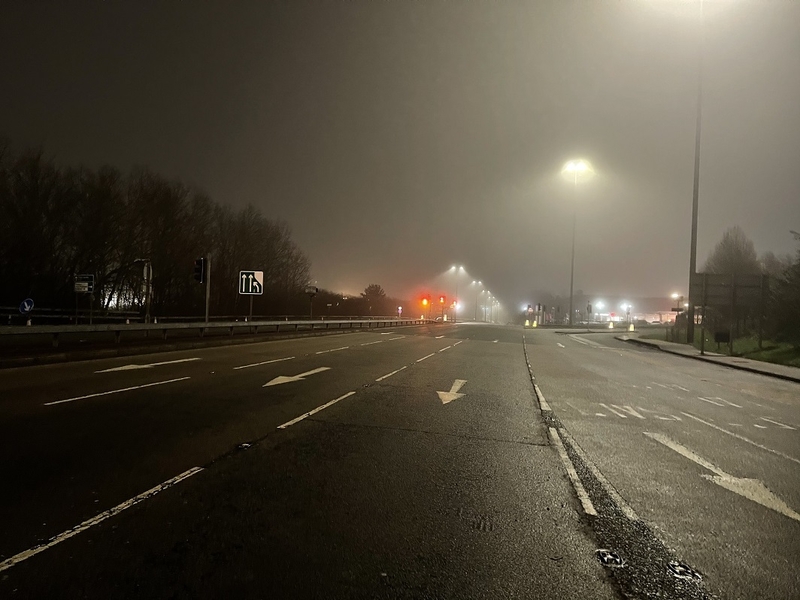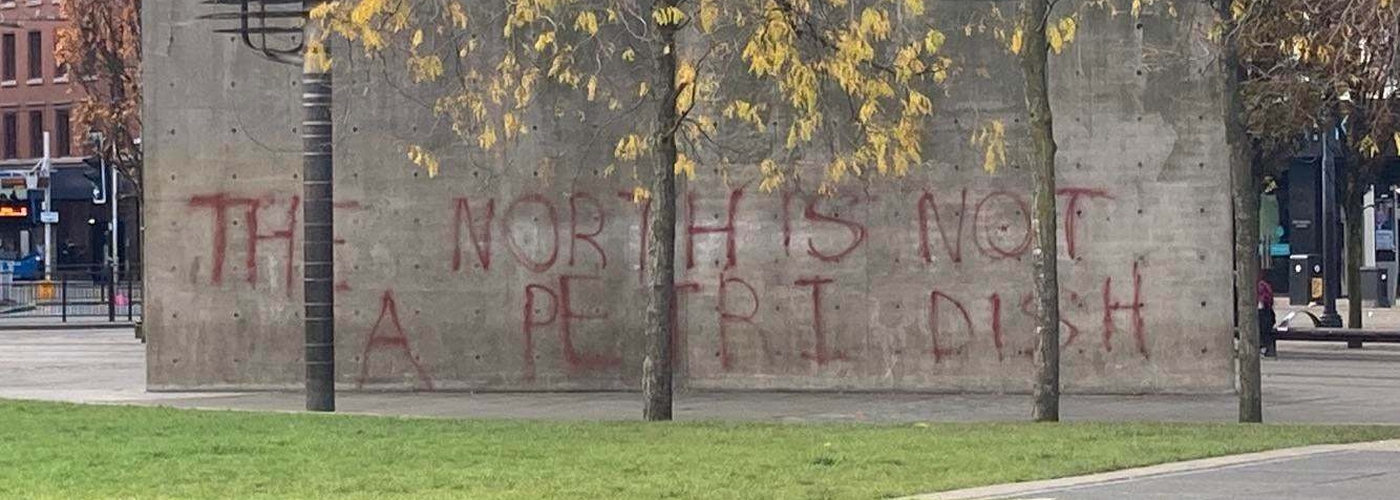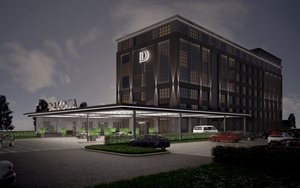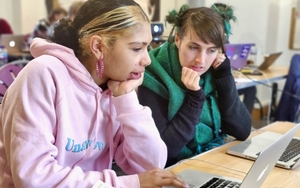Jonathan Schofield with a long read as he looks back on twelve crazy months
2020, the year of Covid-19 and Brexit. The year that kept on taking. The year where you might as well forget saying the individual names of the days of the week as each day was just another day. It was Dayday every day with no difference between a Friday and a Saturday. News became a grim repetition of mind-numbing stats.
The year has shown us that cities and towns are underpinned by the big idea of urban life.
Manchester was in the news of course. The city region has been in the harshest lockdown for longer than anywhere else. Bolton, within Greater Manchester (GM), had it even worse than the rest of us. In the 277 days, as I write, since the first national lockdown was announced by Boris Johnson, Bolton has had its pubs and restaurants open, in a limited food munching way, for just 20 days.
Hospitality has become a yardstick by which we measure our numbing Daydays. But it’s not the only measure. The year has shown us that cities and towns are underpinned by the big idea of urban life. This includes all the denied things in 2020. Along with a buoyant hospitality industry, alongside bars, restaurants, pubs and coffee shops, cities are about theatre, cinema, galleries, museums, gigs, comedy, sport, in other words, life.
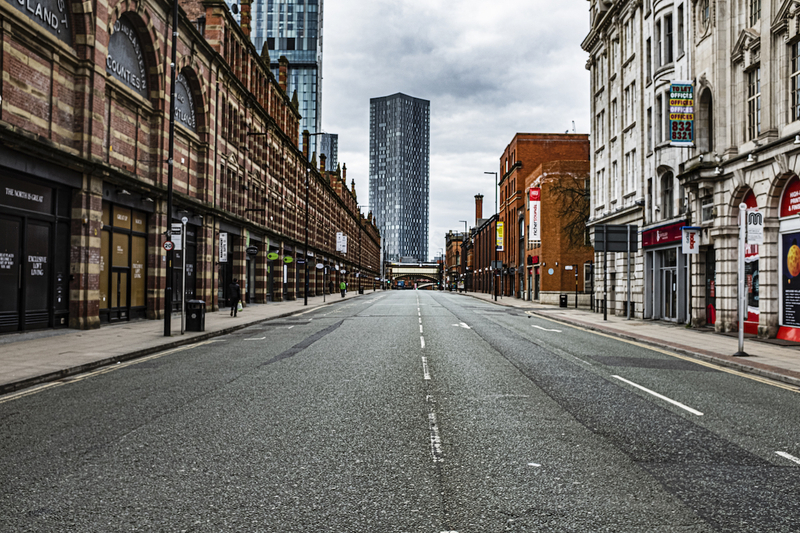
We’ve had the shops open for a bit latterly but especially, in the Daydays of Amazon, retail is not what it was and a walk down city streets often feels like a walk through a zombie town.
At least with all the pubs closed we have been encouraged to do something which was unexpected at the start of the year. We learnt how to drink more at home. Personally I was able to increase my drinking exponentially and I was already very good at it. Drinking after all was easier than learning that language we said we'd learn or complete the house redecoration or take up a musical instrument.
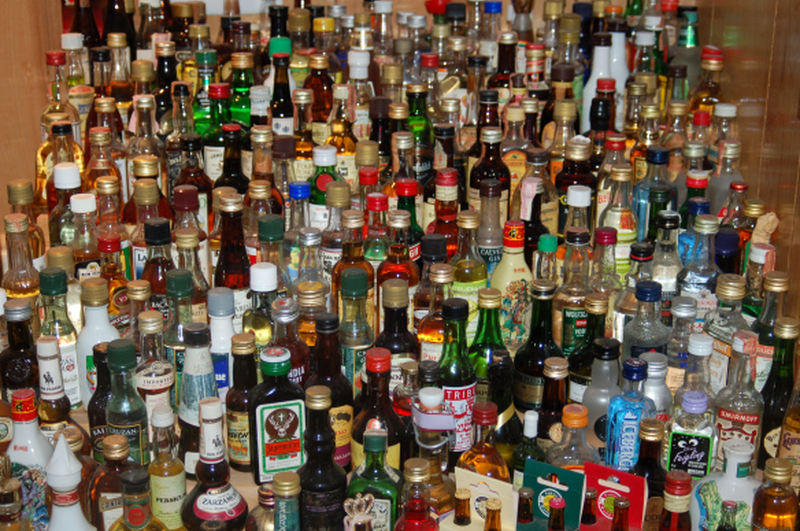
Drinking often leads to crime and we found in 2020 that if, say, in a drunken state, one decided to mug a pensioner (both parties wearing facemasks obviously) then in Greater Manchester the crime probably wouldn’t be recorded.
In early December we discovered that GMP had failed to record 80,000 crimes in 2019. The Chief Constable Ian Hopkins took a sicky but said he had ‘robust’ plans to deal with the ‘shocking’ issue.
His robust plan was to resign. He'd never looked the part anyway, resembling an extra from a UK soap opera, someone in the background pretending to have a chat in the Rovers Return. Hopkins apparently resigned at the behest of GM Mayor Andy Burnham who in turn had failed to notice how badly GMP was run even though a big part of his duties are to oversee the force.
Home Secretary Priti Patel, cackling like a pantomime witch, stuck the knife into Burnham as part of the ongoing discord between the government and GM, saying he had: “thrown a senior police officer under the bus to save his own skin”. People wondered whether this was the same bus under which she'd thrown the civil servants she'd worked with.
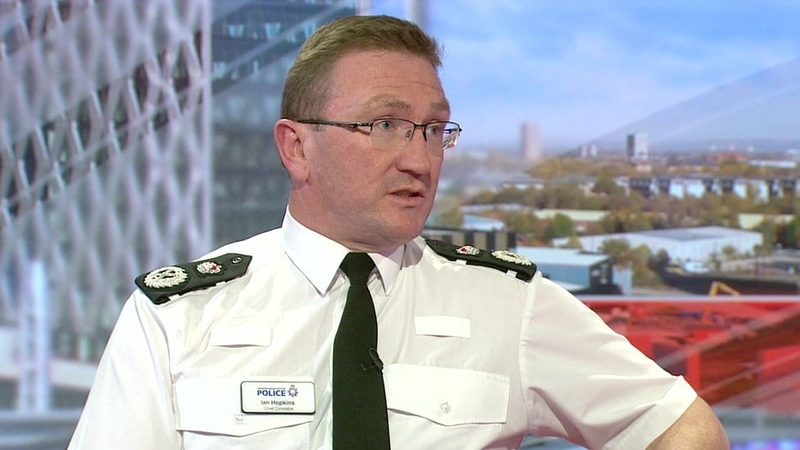
It has been a bad end to the year for Burnham who at one point, and somewhat ridiculously, was raised to the point of sainthood by some in the region.
The way he wore that cagoule on the steps of Central Library in October when he defied government over closing the region down again, hit a nerve across the North and elsewhere. My mother would have just hit for him for not dressing appropriately for such an important occasion, instead he was looking like another TV extra, this time from Shameless.
Artist Stanley Chow gave Burnham a meme which Andy B promptly used as his profile image on his Twitter feed. There were mugs with Andy’s mug on it. There were posters and street art.
To be fair to Chow any sale proceeds went to charity, although neither his image nor any of the others caught the Burnham eyes quite right; those vast saucers of empathy and concern, which once seen make us all yearn for him to redeem us of our sins. A Leonardo couldn’t capture those eyes. The cagoule yes, but not the peepers.
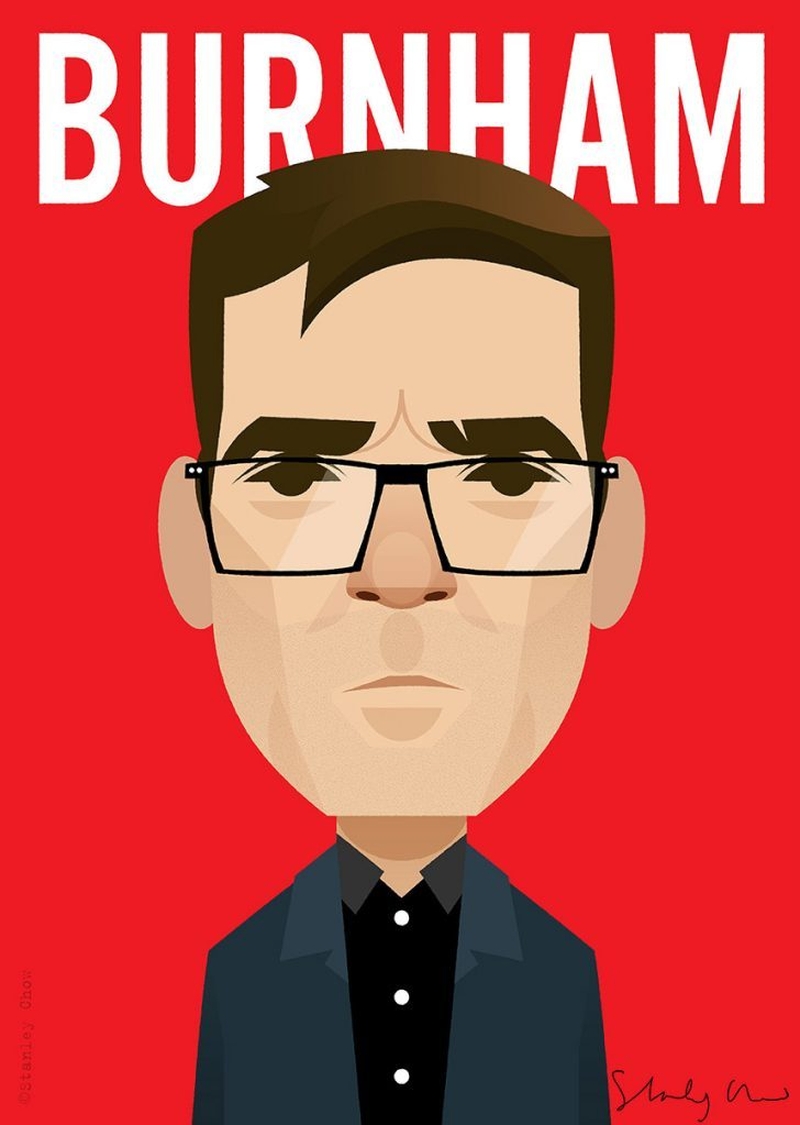
In response to the Burnham stand against government Manchester graffiti made the national news when a student scrawled ‘The North is not a petri dish’ on the concrete wall in Piccadilly Gardens.
This was a surprise as we all thought that that part of the North called Piccadilly Gardens was exactly a petri dish, certainly with regard to the development of narcotic micro-cultures taken openly in front of non-crime recording police officers.
Shortly after, the wall itself made national news as the part with the graffiti was demolished. Councillor Pat Karney had the graffiti saved in the hope it might become the focus of an exhibition in Manchester Art Gallery when it reopens. Thanks Pat, what we'll all want to do is remember 2020. They should chuck that sorry piece of wall away along with the year itself.
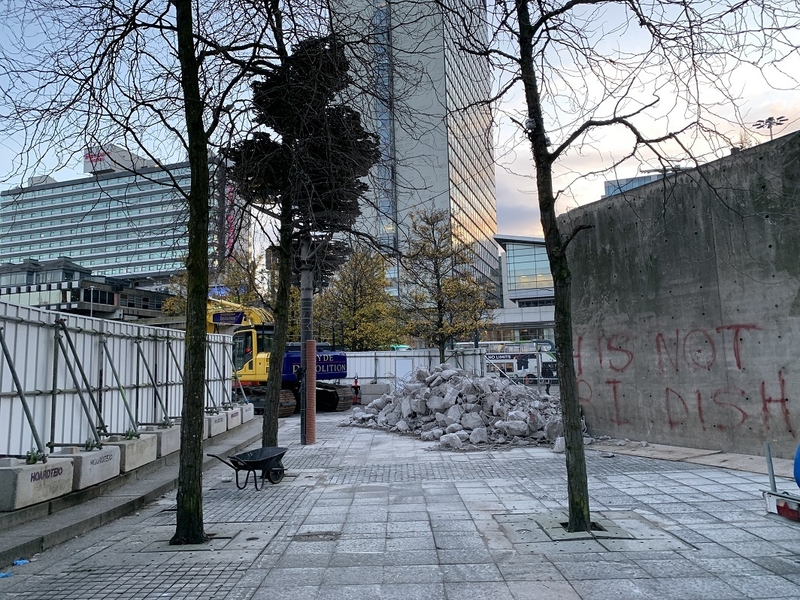
Stockport proved itself a spoilsport. The Hyacinth Bucket of GM boroughs. After aeons, it seemed, of painful wrangling between the ten councils it looked likely the sexily monikered Greater Manchester Spatial Framework, the master plan for the future development of the county over the coming decades, would finally be approved.
It wasn't.
The project which aims to deliver 180,000 new homes, with a small proportion on greenbelt land, was chucked out by some NIMBYs on Stockport council. It's a rule of life when people claim they aren't NIMBYs they are always NIMBYs. Thus it was in Stockport and thus it was the other nine councils of GM will now have to amend the plans which will inevitably be another tortuous and tedious process.
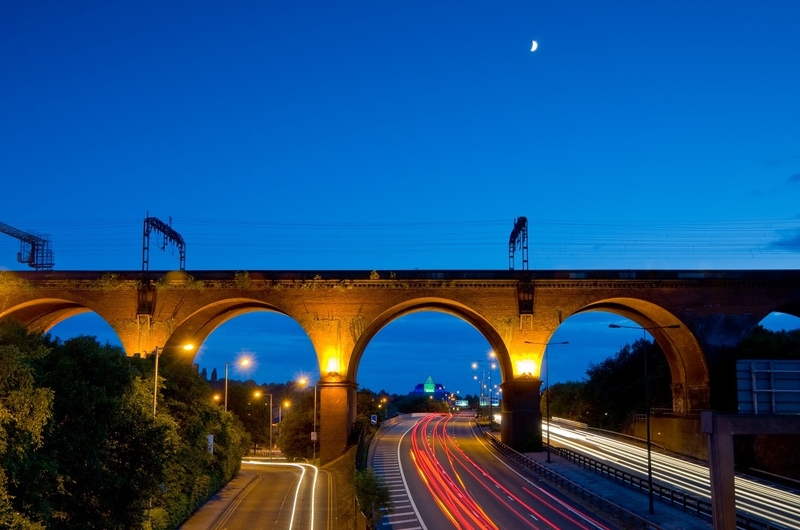
If the North didn’t want to be a petri dish, then it’s pretty clear students didn’t either. Yet, they seemed to be part of a social experiment as they were imprisoned in their halls of residence and force-fed sporadically with tiny microwaved meals of processed chemicals. There were stories of Covid parties within the buildings for those who had tested positive. If the parties were good was that a positive positive or because of health concerns was it a negative positive?
It all came to a head in November when students were placed behind security fencing at the Owens Park campus and to the silent cheers of many across the nation decided to tear down their walls. In a masterly twist straight from George Orwell's 1984 novel the fences had been described by the authorities as 'protective'. In a year of much wasted time, the wasted time of students not receiving value for money for their £9k fees across the country has been cruel.
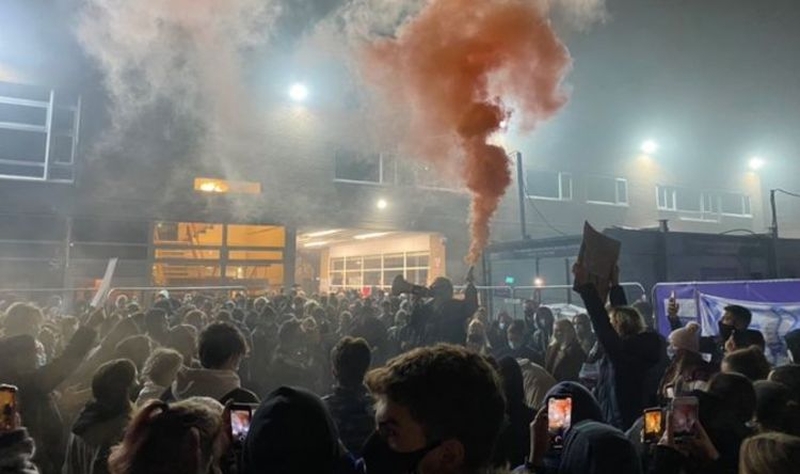
Cycling lanes made the news in the first lockdown as the government threw money at councils who threw money at traffic cone manufacturers with the result that large swathes of major arterial routes had a lane stolen for the exclusive use of the two-wheelers.
A local case was with Trafford Council on Chester Road. The very temporary nature of these cycling lanes was another case of government profligacy as all cyclists know that nervous would-be cyclists will only be encouraged onto roads when there are proper cycling lanes not stupid ones.
Still, bike shops have been one of the beneficiaries of Covid-19. With nothing much else to do and nowhere to go tens of thousands of people purchased bikes. This has been good for the health of the nation but bad for its aesthetics. Otherwise innocent country roads have filled with dayglo lycra - and very tight lycra at that, often with more furrows and ridges than the Pennines. Cows and sheep have been scared stiff.
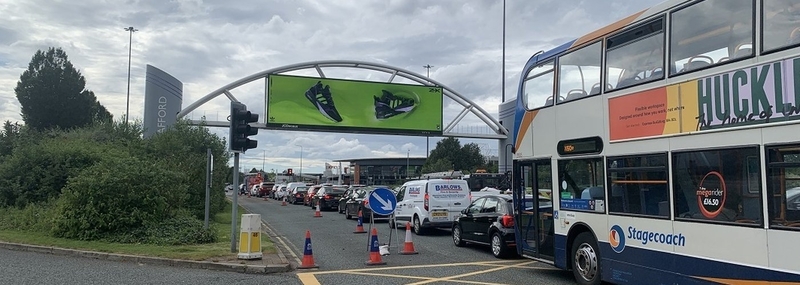
One of the few good things about this panbloodydemic is that, whether on bike or foot, huge numbers of people have discovered their local area. Parks, river walks and woods have never been so full. Personally, I discovered Kersal Wetlands, an amazing and vast open space within a huge meander of the River Irwell and close to the heart of the conurbation. Go there. It's worth it. It has a fascinating history too.
On one occasion during the second lockdown a friend and I took some pot noodles, wine, beer and a camping stove and spent, in total seclusion, late one night, a cold but ridiculous two hours. We took the pot noodles in sympathy with the enforced diet of imprisoned students. We cycled but didn't wear dayglo lycra. Kersal Wetlands doubles up as a bird sanctuary and we didn't want to appal the good taste of any herons or grebes. They dress so well.
The good weather in that first lockdown caused mass drinking parties in the city and elsewhere. The green spaces in Castlefield, for instance, were filled with socially distanced (usually) drinkers from the nearby flats (usually). The police did little moving on as they were busy not recording crimes. The lack of any toilet facilities was noticeable via the sensory overload the morning after.
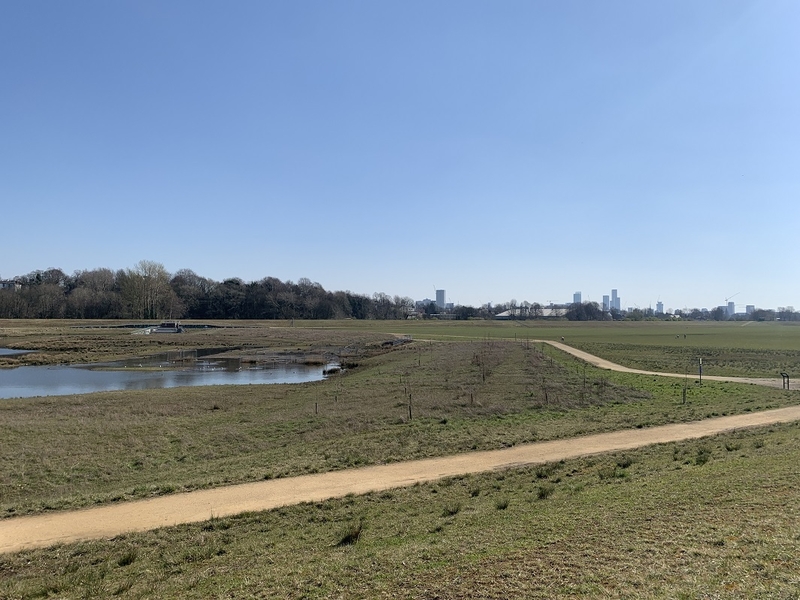
It was during this period that a tiny part of Deansgate was closed to motor vehicles but then had to be reopened later in the year after legal action by bus companies. Meanwhile a £9.1m proposal to turn Great Ancoats Street into a ‘European-style boulevard’ was much criticised and as it nears completion is attracting even more criticism. Tagging it in advance with the name ‘European-style boulevard’ was another 2020 example of overpromising although nothing like the governmental overpromising which has now won the All Time Overpromising Global Achievement Award.
What never stopped or even slowed in 2020 was building work in central Manchester. Towers were proposed and towers were finished. On a sunny April day I saw maybe 150 workers at Deansgate Square sat on the kerb taking a lunchbreak with their sandwiches and snacks. If an alien had landed in Manchester during those weeks he would have thought humans were all male with yellow hardhat heads and hi-vis carapaces. The building boom in central Manchester made national news too with the BBC programme Manctopia which took a long time saying very little but was entertaining enough and had some lovely sunshine shots of the city.
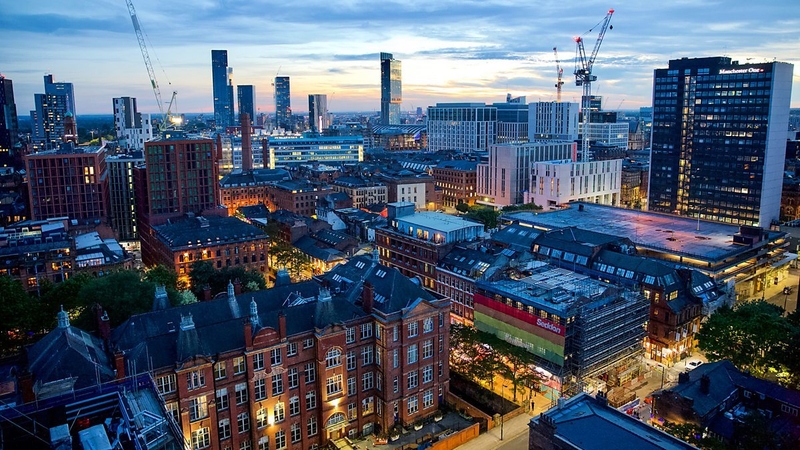
This was a year of protest. There were the strange anti-vaxxers looking like they'd already self-vaccinated on Special Brew or skunk before coming into central Manchester and elsewhere.
But by far the most significant protests were the Black Lives Matter gatherings in Manchester and across the country. On 6 June, 15,000 people met in Manchester. This followed the killing of George Floyd by a white officer in the USA on 25 May.
For many the protests in the UK were a powerful and wonderful manifestation of anti-racist feeling and the desire to eradicate racism and discrimination in all countries. Others, however, were bemused by the UK comparison with the US. Last year 1,536 people were killed by the police in the US, while in the UK three people were killed by the police. Also people questioned the unrelenting growth of identity politics.
What could not be denied by anyone was how the protests struck a nerve across society, especially with the young. Anybody who attended the demonstrations would have noticed how this was a broad protest and not one solely consisting of BAME populations. It was a truly popular movement. Many people saw hope in this for a more egalitarian future in practice rather than one through the statute book. It also underlined how dissatisfied people were and are with the political status quo. We also learned what BAME stands for.
The year underlined something else but this time it was deeply unwelcome. 2020 was the International Year of the Gullible. It seems more and more people are prepared to believe conspiracy theories, driven by social media silos. 5G, those anti-vaxxers again - how bloody stupid can people be? In some respects, virus aside, this was the most depressing aspect of the year.
2020 saw the new trend of liberal puritanism reinforced as the chains tightened around permissable satire. Good democrats know that any topic, movement, religion or belief can be satirised. Whether we choose to or not is up to us.
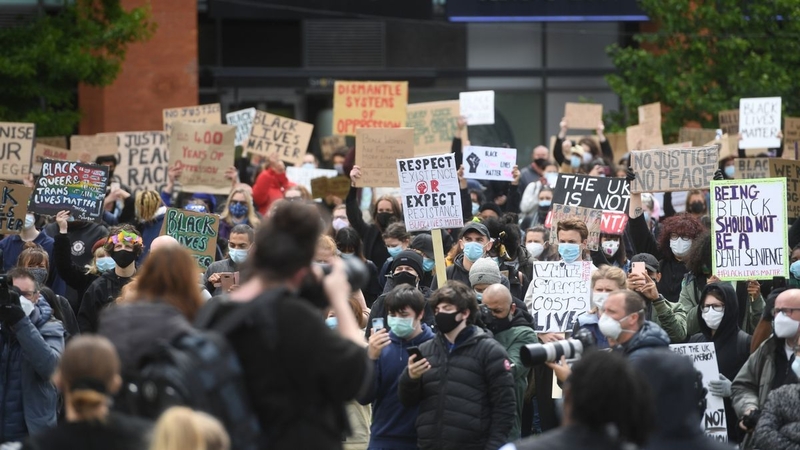
I recall the first (almost) three months of 2020. There were 81 days before Boris’ 23 March announcement. This is a date now etched in our minds. We'll always remember where we were. I was in front of the television throwing bricks and swearing.
We had 81 days before we all learnt what PPE was, before we stood on doorsteps and clapped the NHS, before the street WhatsApp group was created, before Zoom, before Chris Whitty’s essays in gloom, before the curtain-twitching and tutting, before Covid-19 thoughtlessness, before facemasks, before Matt Hancock.
It wasn't all bad. The way people collaborated without any official encouragement, the way people volunteered and helped out neighbours, was heart warming.
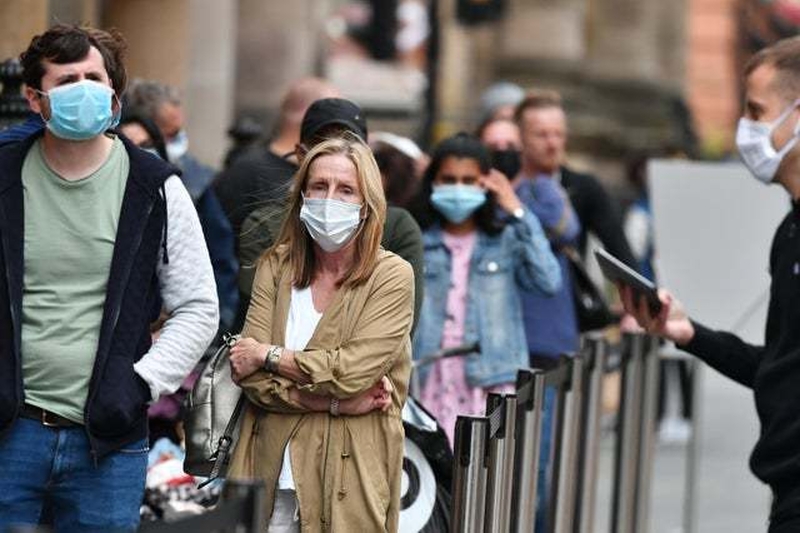
Damn that Matt Hancock though.
When he first came onto our screens some people - honestly this is true - thought he might be future Prime Minister material. This was especially the case as Boris Johnson reacted to Covid-19 by dithering so much we couldn't actually focus on him. Now the sight of Matt Hancock is enough to make any sane person explode in expletives. He’s become a new bogeyman. In future, when kids don’t eat their greens parents will scare them with a warning of how ‘The Weeping Hancock’ will steal them in the night and make them stand in front of a lectern explaining incomprehensible and contradictory graphs - forever.
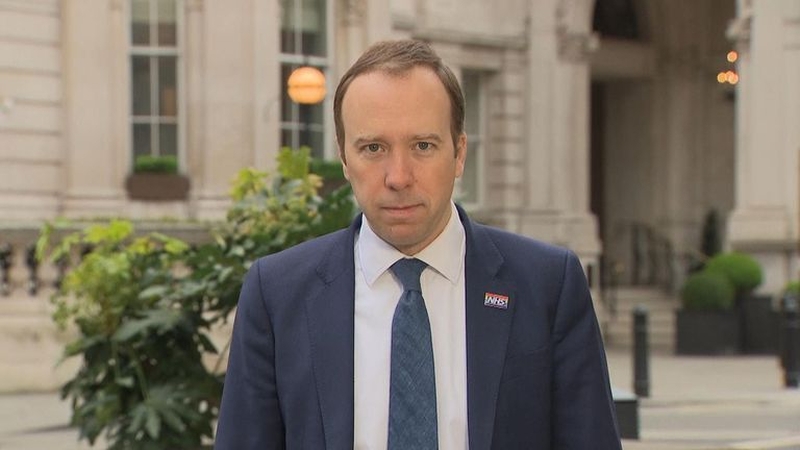
In February a German guest on one of the guided tours I give remarked: "This new virus is going to be very bad. Thinking this a case of Teutonic gloom I said: "I'm sure it's going to be like SARS and contained in the East." How Boris of me.
I recall those 2020 chubby baby days even earlier at the very beginning of January. I was really up for it. I was ready for a new start. I was going to make pots of money and really enjoy the work. The only dark cloud was the uncertainty over Brexit but surely that would be sorted by late summer? In short what possibly could go wrong? Especially for a writer and a tourism professional.
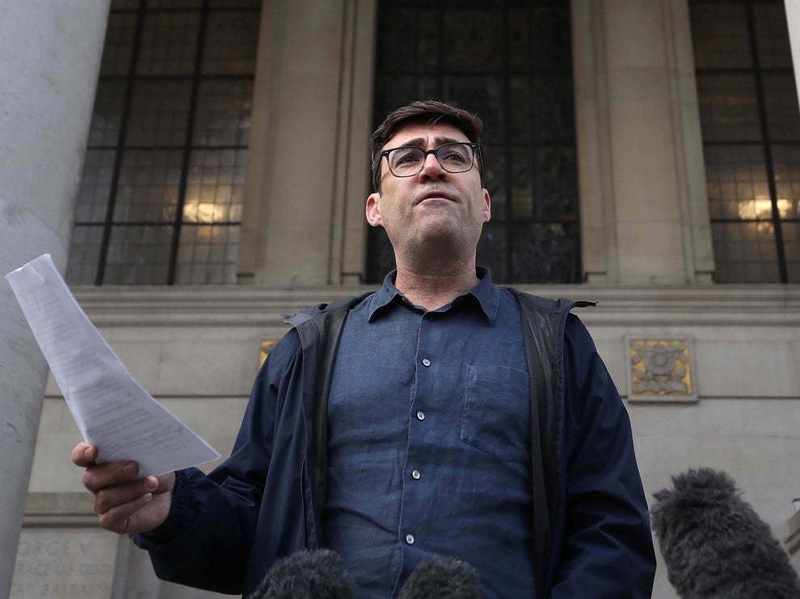
Now in the dogdays after the awful tragedy of thousands of deaths in the UK and millions across the planet, with the economy in tatters, we know what could go wrong.
We all have our ideas about protecting the economy while protecting the NHS, but that's immaterial for now. We need to get the vaccine out and then the government must be held to account for its confused handling of the crisis. A government which, at the eleventh hour, pulled a Brexit deal out of the hat. One of the notable things about 2020 was we forgot Brexit for a few months.
But, on Christmas Eve, we discovered we weren't 'crashing out' of the EU we were having something more akin to a controlled explosion. Still, aside from the most-diehard of Remainers, that was a crumb of comfort to close the year.
There was one last throw of 2020's dice.
Just when hope lifted with the news of the Oxford/AstraZeneca vaccine joining the Pfizer vaccine, The Weeping Hancock delivered the sheer brutal horror of Tier 4. We were to join London, social animals de-socialised. The tiers of a clown, tiers for fears, tier it up and start again.
Cycling into the city centre on 29 December, the police were stopping cars at random on Chester Road. It was clear they were checking whether people were obeying, yes obeying, THE RULES. It sent a shiver down my spine. Whatever the motives and justifications, this felt creepy, sinister, horrific, again like Orwell's 1984.
Yet, let's shake ourselves down and look forward.
It’s the New Year, time to be positive and drink to the future and to being kinder to each other in reality and not, occasionally, on social media. Let’s especially drink to regaining our liberties.
Ursula von der Leyen, President of the European Union, quoted Shakespeare over the UK/EU deal on Christmas Eve with 'parting is such sweet sorrow'.
It isn't with you 2020.
You can get the hell right out of here.
